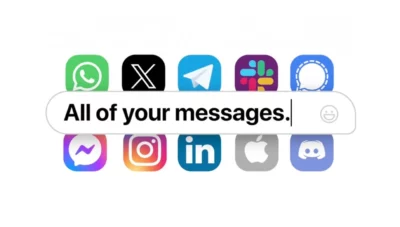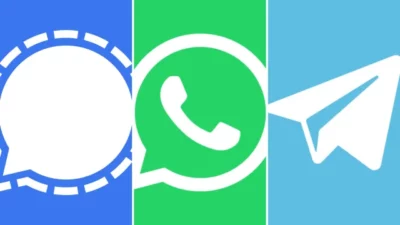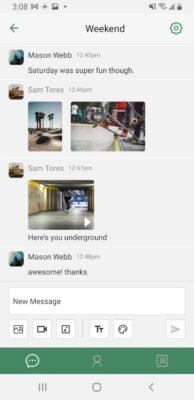Ayoba is an all-in-one chat, call, and social media app that has over 30 million active monthly users mostly in Africa

This is probably the app that Elon Musk wants X to be… Ayoba has chats, voice calling, channels, music, games, money transfers (MoMo – only available currently in Ghana, Uganda, Congo B and Cameroon), and various 3rd party services. It runs on Android and iOS. Ayoba is owned and managed by Simfy Africa Pty Ltd, based in Cape Town, South Africa.
The app is apparently based on XMPP and WebRTC technologies, but all of that is deeply embedded within the app, so the user experience is all within Ayoba. The messaging is fully end-to-end-encrypted.
They have a partnership with MTN, which is Africa’s largest cellular network and this partnership provides some really interesting value-adds such as MTN subscribers not paying for data to use the app, and any non-Ayoba MTN subscribers can receive and reply for free using SMS text messages. The zero-rated data usage for MTN users is stated to be for “a promotional period and may be subject to a fair usage policy”.
However, there are some probable cons such as voice calls within the app to another Ayoba contact being charged for as a standard cellular voice call (no other chat app I know of does this, they use standard data). Elsewhere, it is stated “Note that voice and video calls will consume a user’s data” so maybe data can be used, but it is not part of the MTN zero-rated data.
The other con is the privacy policy does state (from the Android data safety policy) that information such as precise location is used for analytics, and that phone number, app interactions, and Device ID can be shared for analytics and advertising and marketing. So, in this regard it is not as private as XMPP and some other messengers. It is likely that this, along with the MTN partnership, is what funds and sustains the app.
Ayoba is highly localised and tailored for African consumer needs, supporting 22 relevant languages. Users can send and receive encrypted messages, share photos, videos, files, and voice notes and can also subscribe to live channels. Family-friendly localised content is available through curated channels aimed at entertaining, educating and empowering communities.
Channels though are a big part of Ayoba, with over 150 channels, providing the latest in sports, fashion, beauty, news, comedy, health, entertainment, education, empowerment and more. All free to use. The content is updated daily, and is available in English, French, Arabic and select local languages including isiZulu, Kinyarwanda and more.
The app is just over 4 years old, and to have reached 30 million active users in that time, it quite an achievement. This is probably due to MTN’s reach across Africa, and the strong focus on African culture and languages.
Although the app is based on open-source XMPP it does not state it has any interactivity with the larger global XMPP user base, nor any form of federating with the Fediverse.
Ayoba’s big focus going forward from October 2023 will be on gaming and advancing its integrated ecosystem development approach revolving around the MicroApps vertical. With this, they are already way ahead of Musk’s X.
See https://www.ayoba.me/
#Blog, #africa, #Ayoba, #messaging, #technology






/cloudfront-us-east-2.images.arcpublishing.com/reuters/J7TWQVRTYJJGHNEGJ2RNL7RRKU.jpg)






